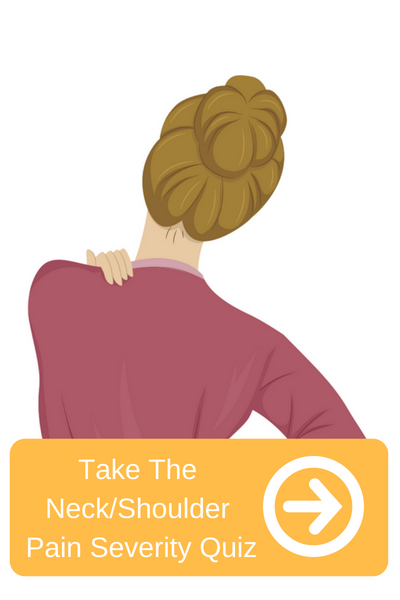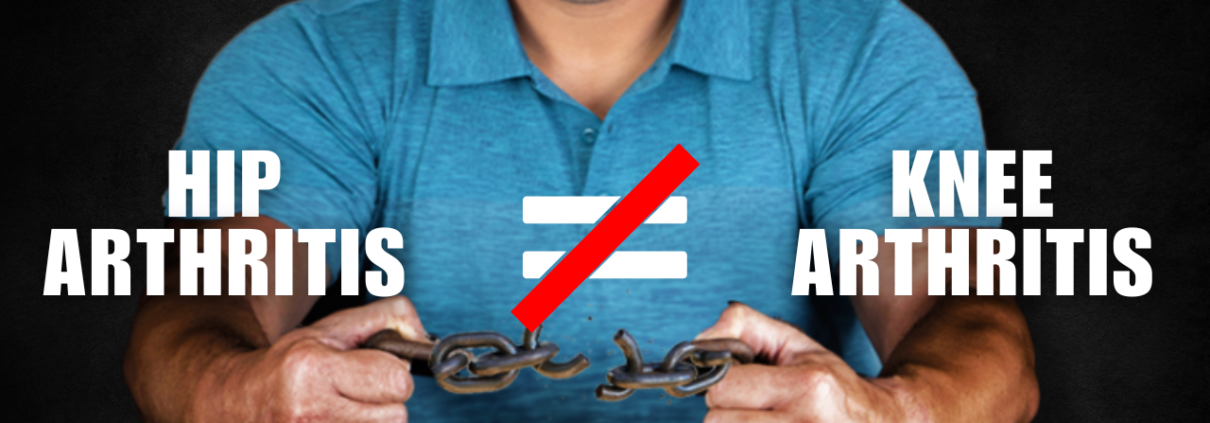Pain That Wakes Us Up At Night
Hey guys! This is Dr. David, physical therapist of El Paso Manual Physical Therapy.
I want to talk to all about sleeping today.
Many of our clients report that they have pain at night.
Their symptoms get worse whenever they’re sleeping. They might wake up with really bad pain.
And because sleeping can be rough for people in pain sometimes >> they don’t get very good sleep…and it turns out to be a bad day the next day.
Then many people come in asking:
“Should I change pillows?”
“Should I change mattresses?”
“Is it me sleeping face down or on my side?”
“Should I change position?”
Some of the common complaints I hear are:
“My right shoulder hurts & when I lay on it, it hurts a lot. But when I turn over to my left side, it doesn’t get that much better.”
“I wake up so stiff and painful in the morning. I think I need to get a new mattress.”
And one of the most common ones I get is this:
“Is it bad that I sleep on my stomach? Somebody told me I should sleep on my back but I just can’t do that.”
Let’s get to the root of these two questions.
- Should I change my mattress and pillow?
- Should I change my sleeping position?
Mattresses
Mattresses come in all sorts of thicknesses, firm, soft, pillow top and memory foam. It goes on and on.
The type of mattress you need is going to depend on if something’s going on with you.
If you’re in pain right now, you might need a very soft mattress to contour to your body.
This is going make sure that you get in the best position possible so that you can keep your spine in a neutral position, so that it’s not aggravating a condition.
If you’re not really in pain, you just want to be comfortable and you can’t quite get comfortable, or maybe you have a really low-level pain that bothers you from time to time, then the answer’s a little bit different…
It’s going to depend on your body type.
If you’re larger in the hips, you know you got a big booty 🍑 or you got big hips, you got a small waist, then that shape is not going to fit very good on a hard mattress.
The problem is that when one of these people lies down is it side bends your spine because of the waist and hip difference and it can cause back pain if you’re there for a long time.
It’s a similar problem with someone with really wide shoulders because of the distance from their shoulder to their head.
Whenever they lay on their side, their head might hang off their shoulder in a funny position.
Pillow Talk
That brings me to talk about pillows.
So when you’re laying on your side, make sure you have a thick pillow that can fill up the gap between your shoulder and your head.
The goal is for your neck and the rest of your spine to be in a straight line as best as possible. It’s never going to be perfect but keep it as straight as you can.
Now if you’re a back sleeper, you want to consider the curves in your spine in this way.
Does your back pop out a lot this way or does your head go forward?
Is there a lot of space in the arc of your back?
If your back is this flat to where your back lines up with your head, you probably don’t need a pillow when you lie on your back.
You can get away with no pillow or a thin pillow. If you put a pillow, it’s gonna push your head forward a lot.
And if we’re talking pillows, I don’t really think it makes a huge difference what material or what thickness or which shape or special brand the pillow is.
It’s more about personal preference and making sure that you’re comfortable.
You might find that the five dollar pillow from Walmart or Target is comfortable for you.
I’ve tried changing pillows and mattresses…still no help…
Let’s say you’ve tried a bunch of pillows, you maybe change your mattress and you’re still having pain at night.
What the heck is going on?
Here’s what I think it is.
Let’s say you scraped your knee, it’s gonna hurt, right?
The pain doesn’t go away right away.
As time goes on, the wound heals. And it hurts less.
Well that’s looking at wounds on the skin.
You can see the progress really easily on skin but what if you have an injury on the inside of your body?
You can’t see the healing progress (or lack of healing).
Those tissues still have to go through a similar healing process where over time they close up, scar up, and they hurt less.
So let’s say you have a disc injury in your spine, in your neck or back or you have a rotator cuff tear in your shoulder, that stuff needs to heal for you to feel better.
But if you haven’t figured out what to do to make it heal, it’s always going to be injured.
It’s kind of like if you always pick at the scab on your knee. Then you never let the knee heal. It just bleeds again and then scars up and if you poke the scab again then it starts all over again with [inaudible 00:04:42]
Then you never let the knee heal. It just bleeds again and then scars up and if you poke the scab again then it starts all over again.
Now the pillow and the mattress and the sleeping position start become a lot less relevant at this point. Now you gotta fix the problem at the shoulder or the back.
Now you’ve got to fix the problem at the shoulder, neck or the back.
Now let’s address the question about sleeping posture.
Sleeping posture is so tricky because you’re not conscious when you’re asleep so how do you know what position you’re in all the time?
You can try to fall asleep in a certain position but it’s probably going to change.
Now don’t over complicate sleeping position. It’s not rocket science.
Find out what works best for you.
What’s the most comfortable position? Whatever hurts the least and is the most comfortable.
If you’re a stomach sleeper and you can get away with it, doesn’t hurt you, you don’t wake up with pain in the middle of the night or in the morning, go for it. It’s fine.
I hope this helps.
I hope you know a little bit more about how to handle pain with sleeping.
I’m gonna take a nap.




